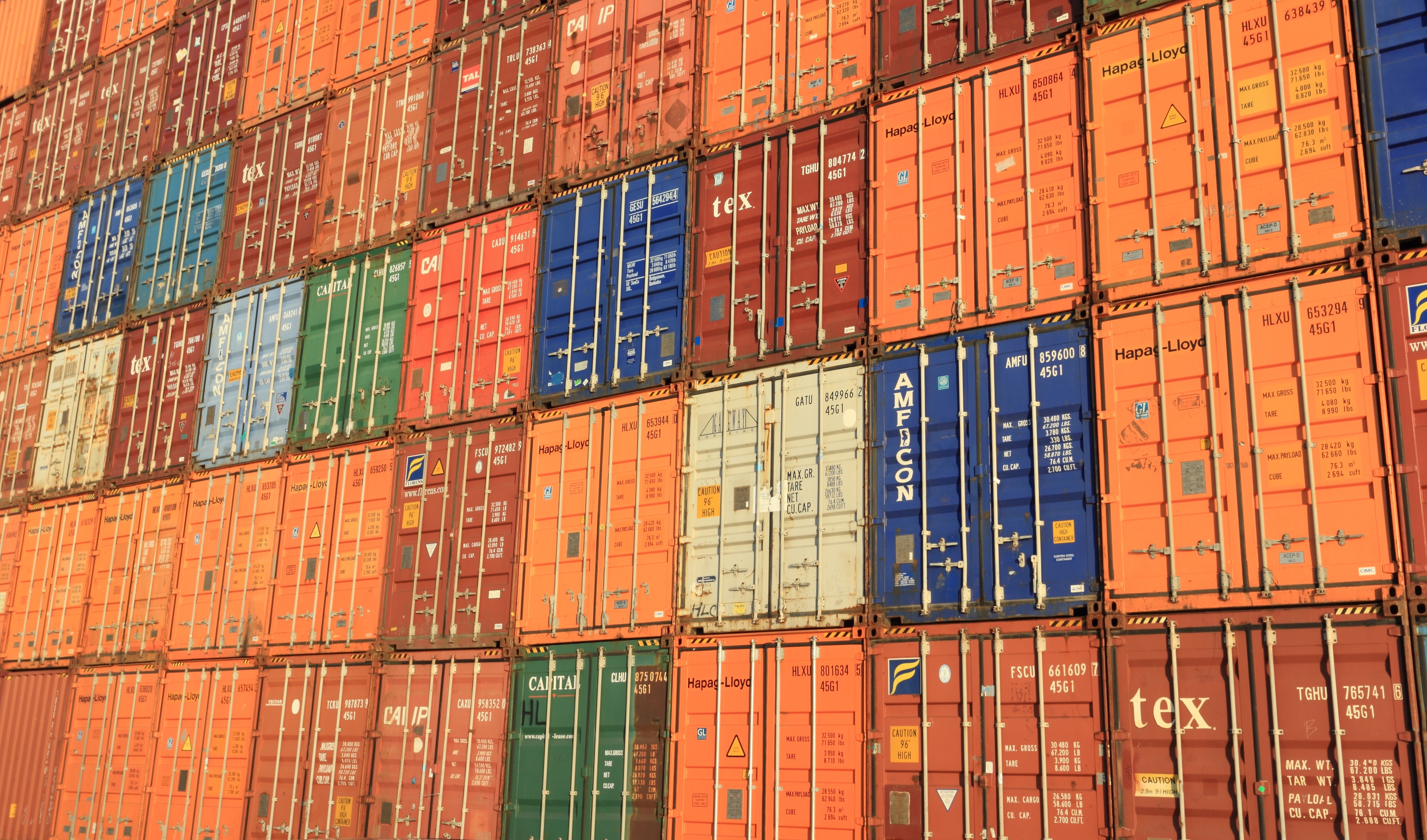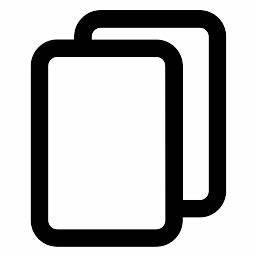Petition Counseling FAQs
Frequently Asked Questions
__
Below are some frequently asked questions pertaining to the U.S. AD/CVD laws and the process of filing an AD/CVD petition. If you require additional assistance, please email us at Petition.Counseling@trade.gov or call our hotline at 202-482-1255.
Note: For general information purposes only. When interpreting and applying the law, readers should refer to the Tariff Act of 1930, as amended, (19 U.S.C. 1671-1671h, 1673-1673h) and the related regulations in the Title 19 of the Code of Federal Regulations.
Petitions are filed simultaneously with the Department of Commerce (Commerce) and the International Trade Commission (ITC), and both agencies have separate roles during the course of the investigation. Commerce has the sole authority to determine whether the information provided is sufficient to initiate an investigation. In antidumping duty investigations, Commerce analyzes sales and cost data from foreign respondents to determine whether dumping occurred and, if so, calculates a dumping margin. In countervailing duty investigations, Commerce analyzes subsidy programs provided by foreign governments and determines whether countervailable subsidies have been provided to the foreign industries. The ITC is responsible for determining whether a domestic industry is materially injured or threatened with material injury as a result of the individual and cumulated impact of the allegedly dumped and/or subsidized imports. For further information, please see Overview of Trade Remedies.
An investigation has several phases, each of which follows a legally mandated time frame. Please see the Statutory Timeline for Investigations for more information.
Yes. The Petition Counseling Office has a dedicated staff to assist you in filing a petition with the Department of Commerce, including reviewing any draft petition you may have. You will never be charged for any assistance the office provides.
Any counseling provided prior to official filing of the petition is held strictly confidential; it is never put onto an official record and will not be part of any official proceeding. Discussions taking place after filing and any materials officially filed with the Department of Commerce, however, are subject to official record requirements.
Whether the domestic industry includes one small company or several large companies, any domestic industry can file a petition. The statute defines the specific criteria regarding the various types of interested parties that can file a petition. Please note that those who file the petition must demonstrate industry support according to statutory criteria. For more information, please see How to File a Petition.
No. Although the vast majority of antidumping and countervailing duty cases are brought by legal counsel, it is not statutorily mandated. If Commerce initiates an investigation, it is the petitioner’s decision regarding how active they wish to remain as the case proceeds. Many, if not all, petitioners choose to rebut some arguments made by the foreign respondents, but it is not required. The nature of the International Trade Commission’s investigation requires the petitioner, to some degree, to be actively involved in the case. Legal counsel can be brought on at any stage of the proceeding.
Petitions are filed simultaneously with the Department of Commerce and the International Trade Commission. Draft petitions should be shared with the Petition Counseling Office in Enforcement and Compliance’s Office of Policy. If you are interested in discussing a draft petition, please email us at Petition.Counseling@trade.gov or contact the hotline at 202-482-1255.
U.S. trade law establishes the requirements for an adequate petition. A petition must contain certain information on the domestic industry, the dumping/subsidy allegation, and injury. Please refer to How to File a Petition for detailed information.
Yes, please see the Electronic Subsidies Enforcement Library.
U.S. trade law does have a provision permitting harvesters of an agricultural product in certain situations to file a petition against a finished agricultural product in conjunction with the processors of that product. For more information, please see Section 771(4)(E) of the Tariff Act of 1930, as amended.
Additionally, if you would like to discuss this matter further, please email us at Petition.Counseling@trade.gov or contact the hotline at 202-482-1255.
You must provide a detailed analysis which demonstrates that the product you produce domestically is “like” the subject merchandise being imported. Please refer to the Domestic Like Product (link to destination page). If you would like to discuss this matter further, please email us at Petition.Counseling@trade.gov or contact the hotline at 202-482-1255.
Please visit Enforcement and Compliance’s electronic filing system, ACCESS. ACCESS contains public versions of all petitions filed since October 2011. For guidance on how to search for documents in ACCESS, please see Help with ACCESS.
Yes, the Department of Commerce has specific adjustments to its normal antidumping methodology to take into account differences in economic functionality for non-market economy countries, such as China, Vietnam, and others. For more information about the AD methodology in market economy and non-market economy cases, please see Dumping Allegation (link to destination page).
Not necessarily. Dumping occurs when imported merchandise is sold in the U.S. market at less that the fair value of the merchandise (i.e., at a price that is below the foreign company’s price sold in the home or third country market, or the foreign company’s cost of production). The Department of Commerce compares the price of the merchandise sold in the U.S. market (adjusted to an ex-factory price) to the price of the foreign like product sold in the home or third country market (adjusted to an ex-factory price) or to the cost of production of the imported merchandise to determine whether dumping has occurred.
If the Department of Commerce (Commerce) has determined that a petition has satisfied all necessary requirements to initiate an investigation, Commerce will publish a “Notice of Initiation” in the Federal Register.
The Initiation Checklist (commonly referred to as “the checklist”) is a document generated by the Department of Commerce (Commerce) to assist in analysis of the petition. The Initiation Checklist is placed on the record of the proceeding after initiation and serves to provide the public with detailed information regarding the basis upon which Commerce determined that the petition met the statutory and regulatory requirements for initiation. The Initiation Checklist compiles important information from the petition and can assist the public in locating specific requirements for initiation set forth in Commerce’s regulations, including: a list of potential respondent companies, the scope of the investigation, information supporting the material injury allegation, a detailed analysis of the determination of industry support, and a detailed analysis of the petitioner’s allegation of sales at less than fair value (in a antidumping duty initiation checklist) or the petitioner’s allegation of countervailable subsidy programs (in a countervailing duty initiation checklist). The Initiation Checklist and the Notice of Initiation (published in the Federal Register) collectively present Commerce’s complete analysis of the information submitted on the record by the petitioner.

